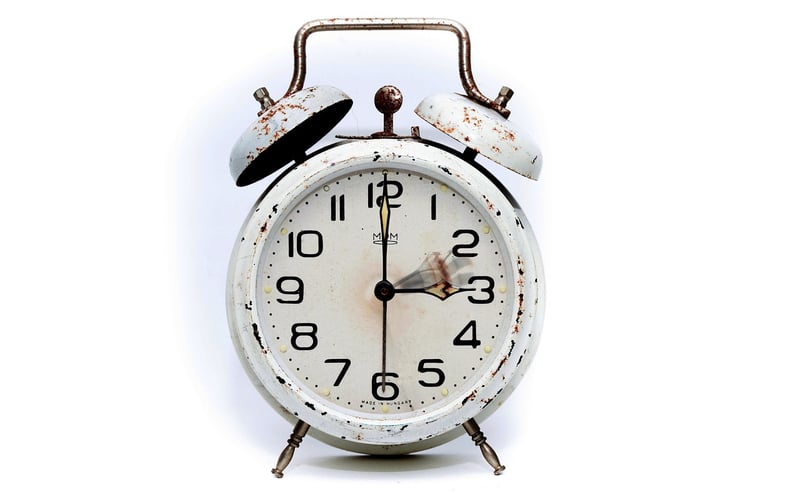Temporal Paradoxes
The Science Behind Time Travel and Temporal Paradoxes
Time travel has long captured the imagination of scientists, writers, and movie-makers alike. The concept of moving backward or forward in time defies our everyday experience but has been a popular topic in science fiction and theoretical physics. Let's delve into the fascinating world of time travel and explore some of the scientific theories behind it, along with the intriguing concept of temporal paradoxes.
The Theory of Time Travel
According to Einstein's theory of relativity, specifically the general theory of relativity, time is not a constant but rather a dimension that can be manipulated. Time dilation, a key concept in relativity, suggests that time can be experienced differently for two observers depending on their relative velocity or proximity to a massive object.
For time travel to be possible, one would need to manipulate spacetime in a way that allows for movement along closed timelike curves. Wormholes, cosmic strings, and rotating black holes are some of the theoretical methods proposed to achieve time travel. However, these methods come with significant challenges, including the requirement of exotic matter or energy densities that are currently beyond our technological capabilities.
Temporal Paradoxes
Temporal paradoxes are logical contradictions that arise from time travel scenarios. The most famous of these paradoxes is the grandfather paradox, where a time traveler goes back in time and prevents their grandparents from meeting, thus preventing their own existence.
Other paradoxes include the bootstrap paradox, where an object or information is sent back in time in an infinite loop with no origin, and the predestination paradox, where an event is ensured to happen because a time traveler from the future caused it in the past.
Implications and Challenges
While time travel remains a fascinating topic for scientific exploration and storytelling, the practical challenges and paradoxes associated with it raise significant questions about the feasibility and consequences of such journeys. The potential to alter the course of history, create causality loops, or encounter parallel universes adds layers of complexity to the concept of time travel.
As we continue to push the boundaries of our understanding of the universe, the mysteries of time travel and temporal paradoxes will likely continue to intrigue and inspire both scientists and enthusiasts alike.

For more information on time travel and related topics, you can explore resources from reputable sources such as NASA and Space.com.
